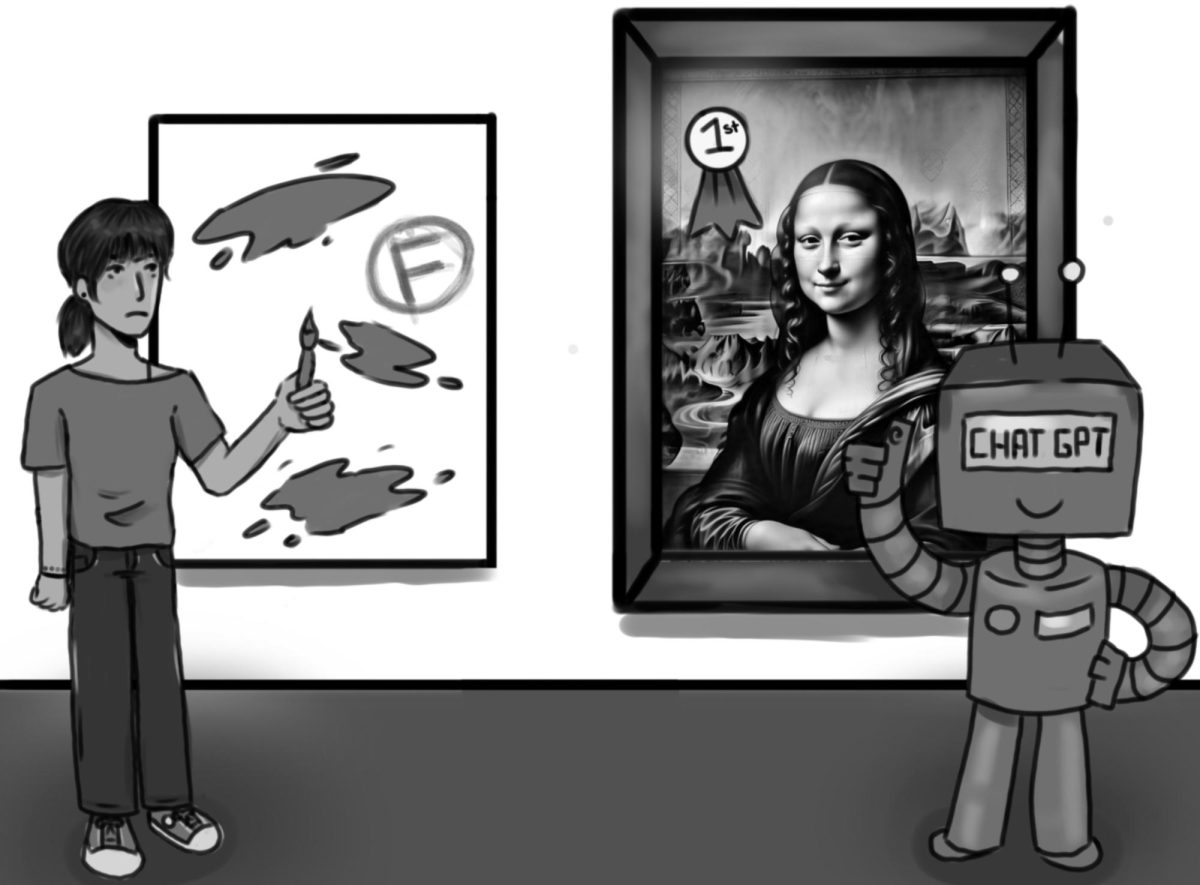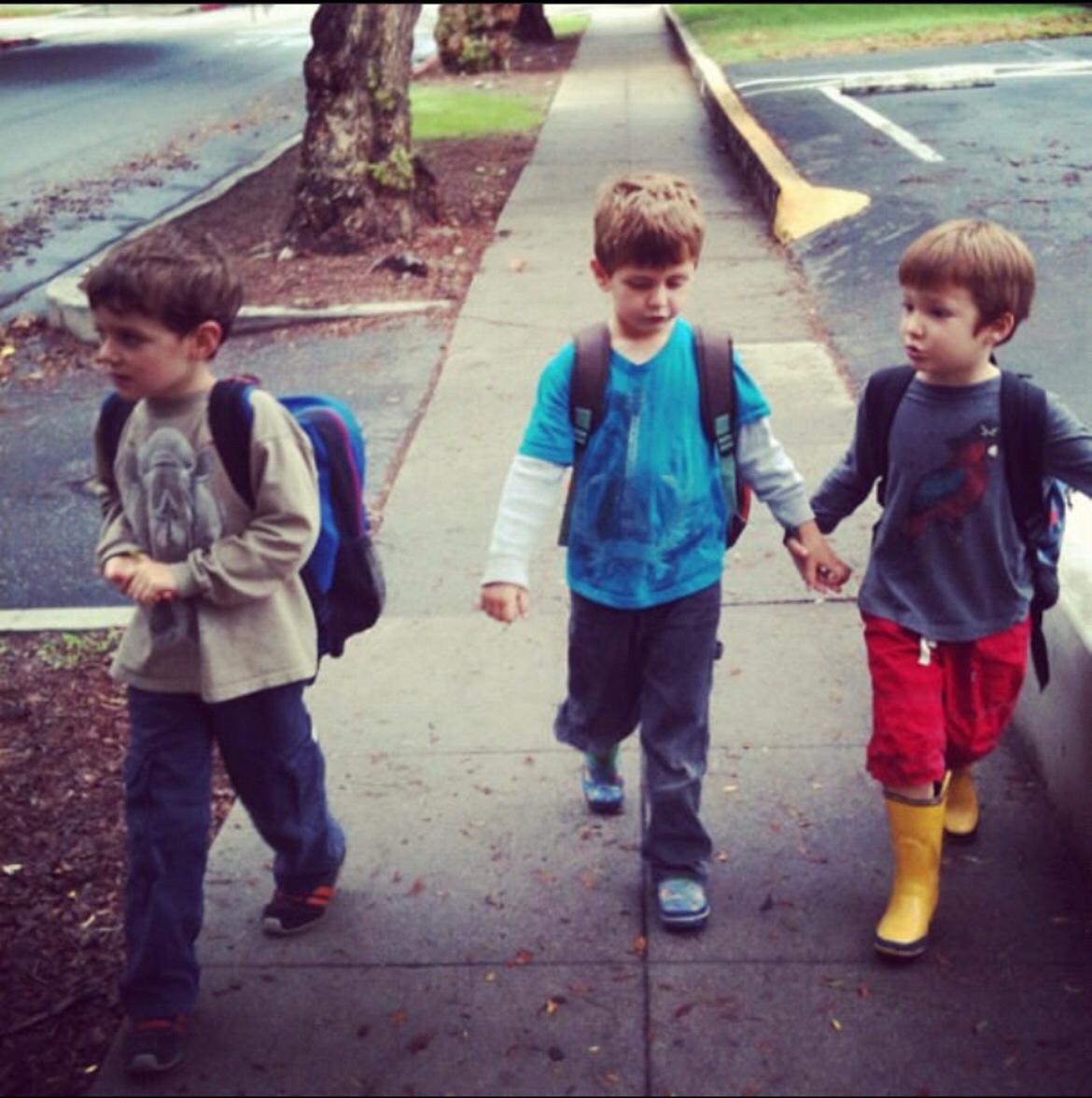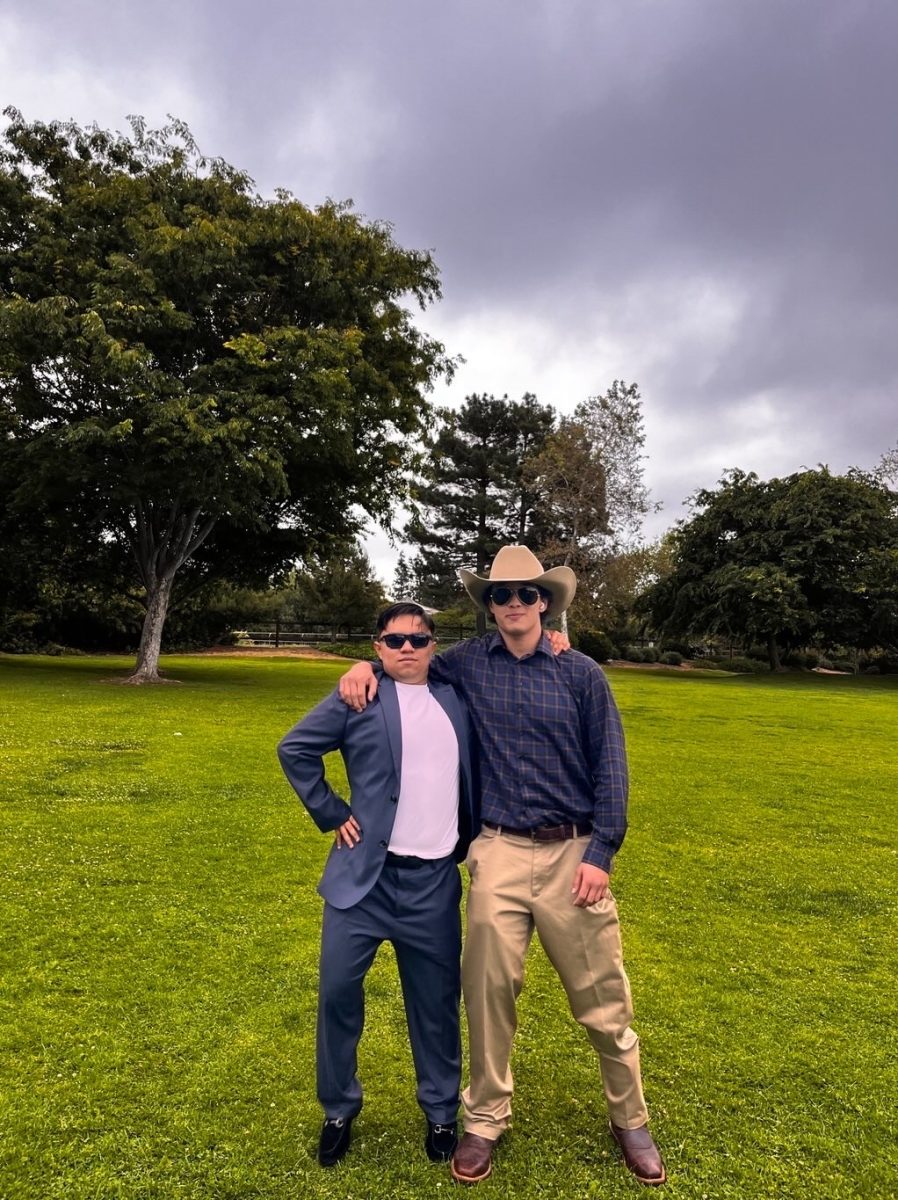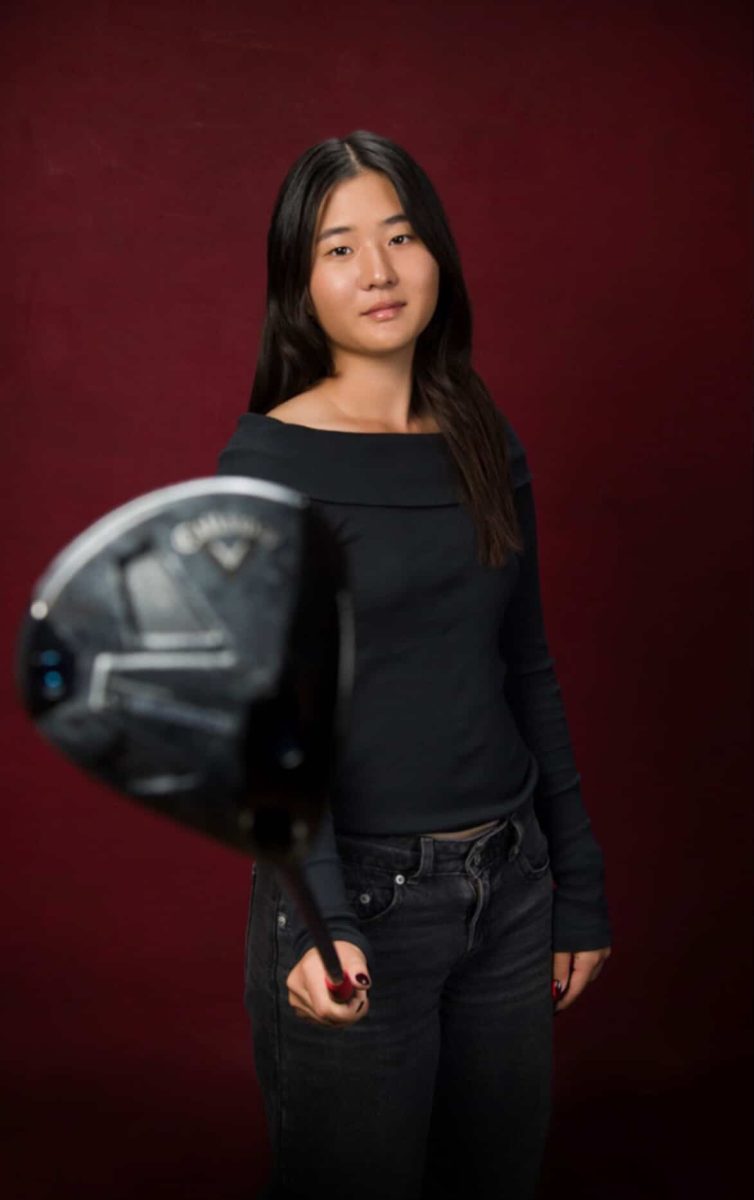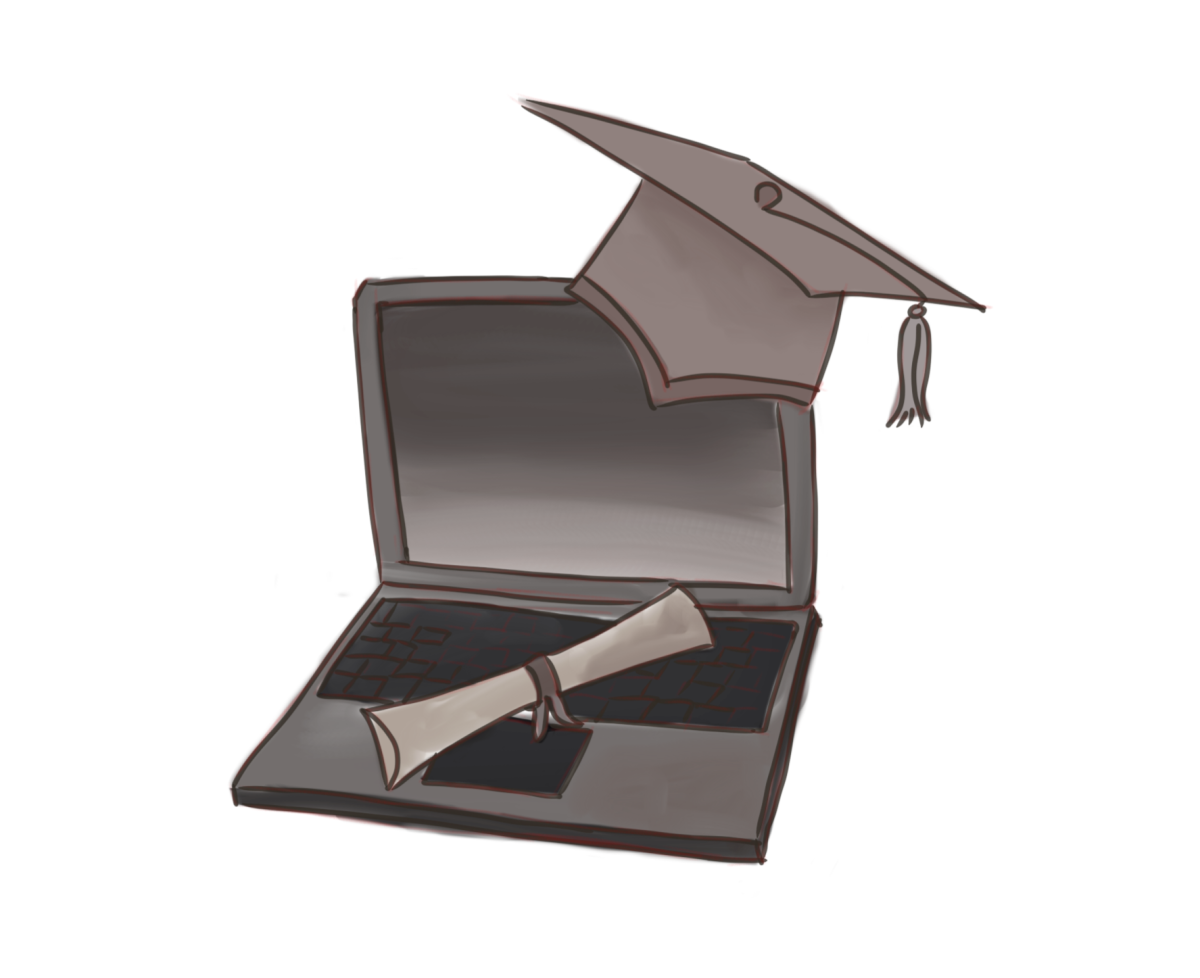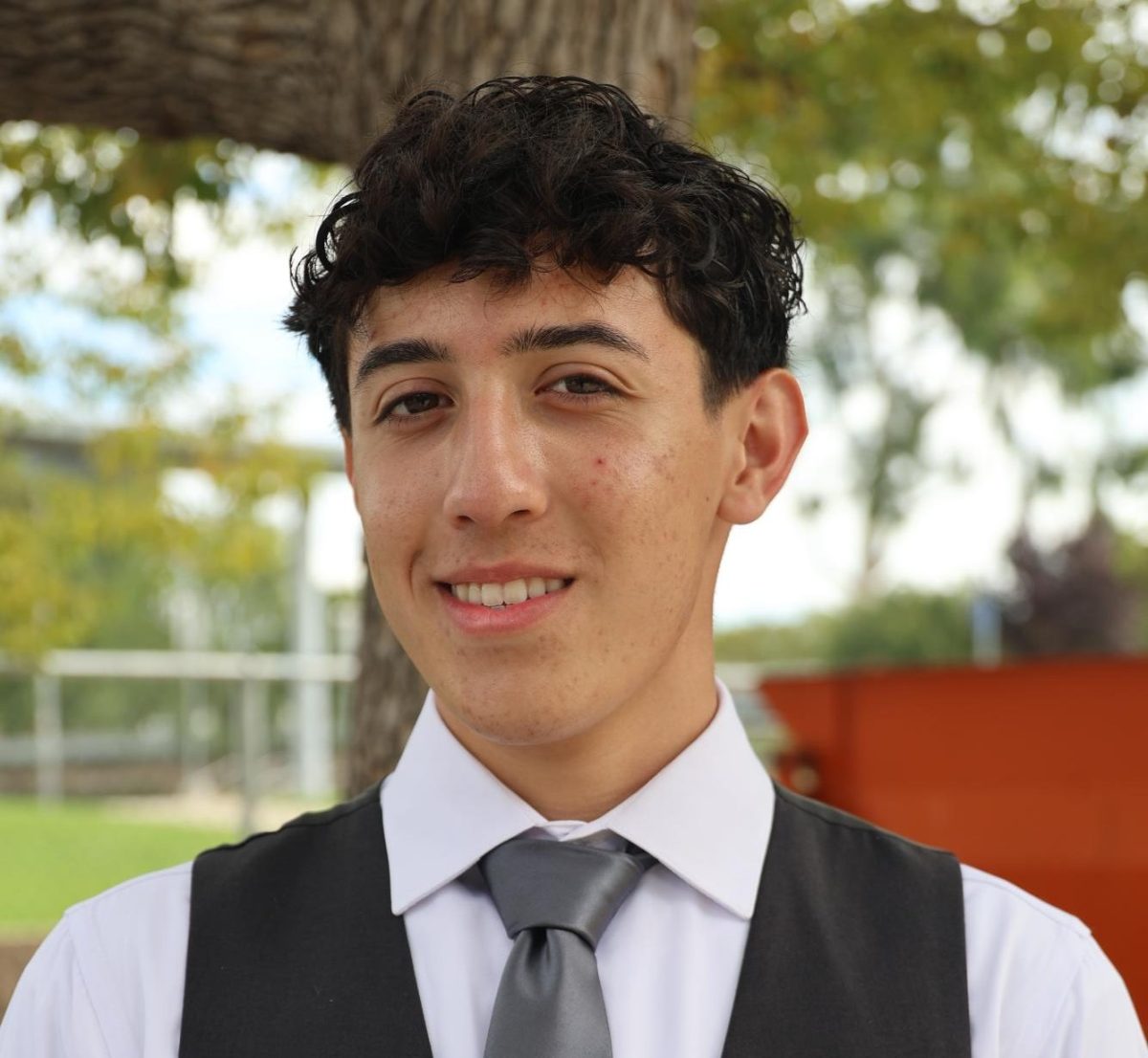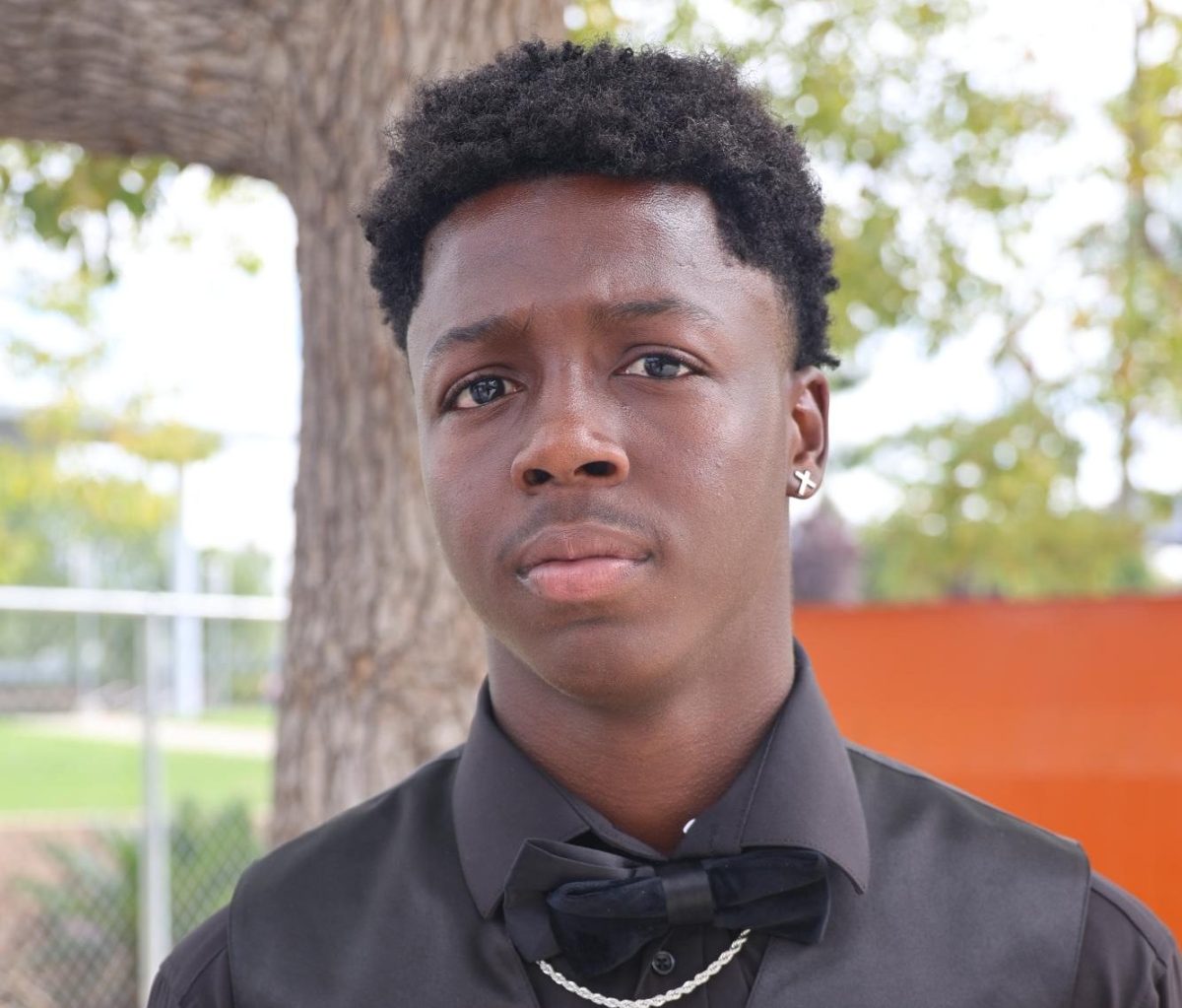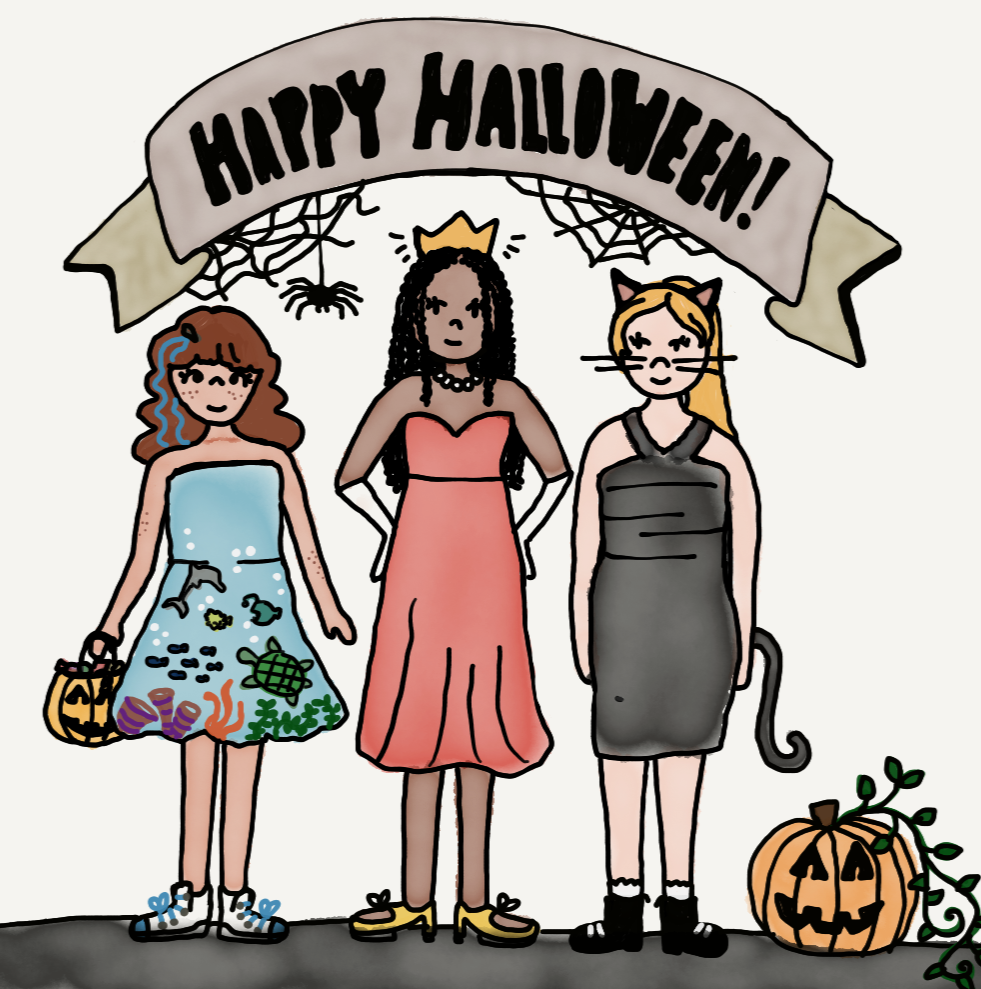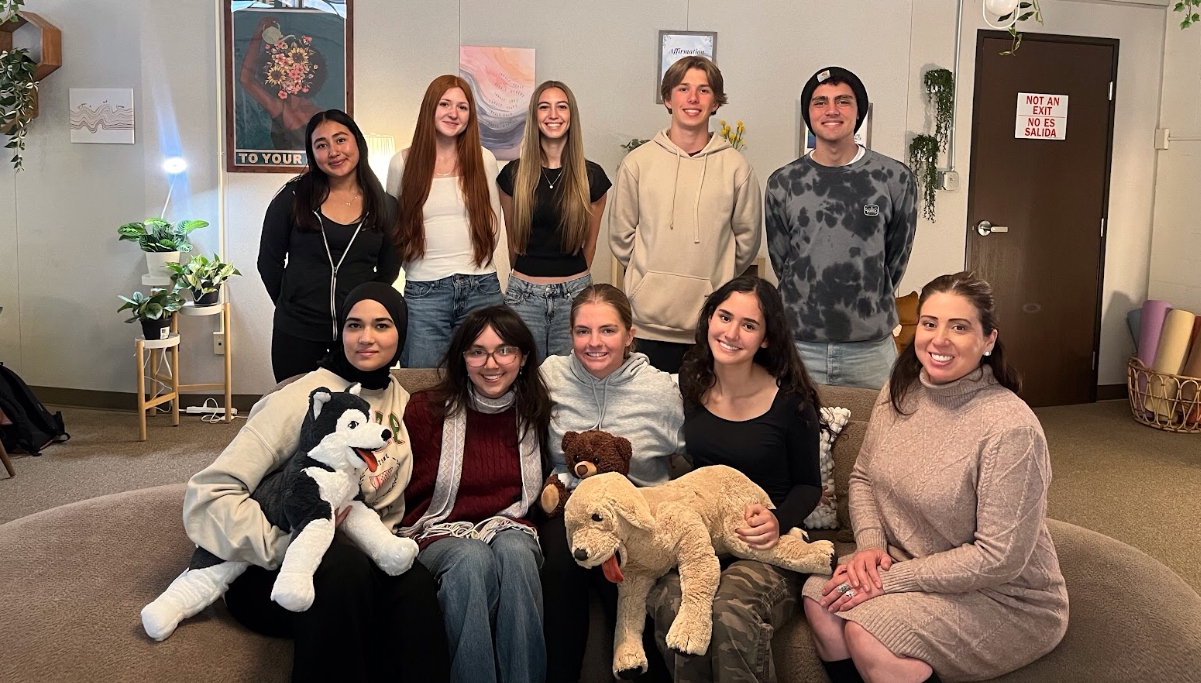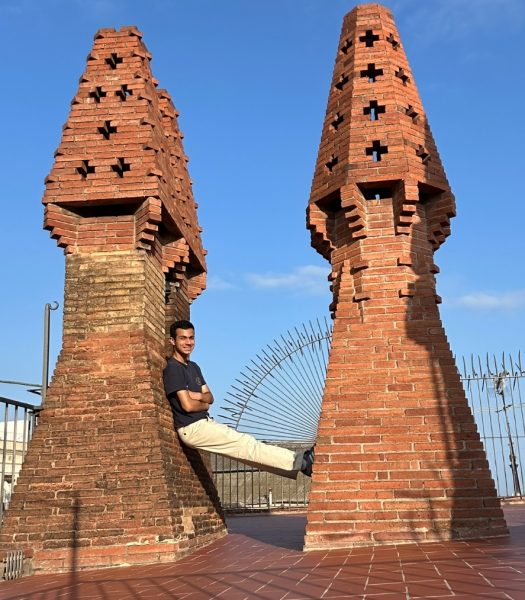Ever since 2022, the true valedictorian of every class has been ChatGPT. Across the country, this online website is overloaded with student suggestions to write essays, answer math problems, and everything in between. At this point, it would hardly be a surprise if students in P.E at CHS asked ChatGPT to run the mile for them, or if students in Band asked it to play the trumpet…or even if a student writing for the school newspaper used ChatGPT to write an Opinions article…
But in the process of all those skipped assignments and cut corners, students have lost touch with what separates a good student and a great student: creativity. The point of education is to generate thinkers, but ChatGPT has served as a way to replace genuine thinking with the process of typing in a question and getting a repetitive but technically new answer. In essence, ChatGPT has become more than a convenience crutch—it is now a creativity crutch.
It is true that many educators have pointed to this tool as a means of stimulating creativity through its abilities to suggest ideas for projects, assignments, investigations, and countless other parts of a school curriculum. And although they are right to a certain extent, they must all contend with the reality that ChatGPT’s suggestions are not exactly “creative”; in fact, every idea that ChatGPT spits out stems back to its large but limited database of pre-existing media. That is especially damning for our education system which, prior to ChatGPT, was able to spread new ideas via the normal Internet without disguising online sources written by someone else as authentic “creative thinking” that the student had done. When we rely on this shallow view of creativity given by ChatGPT, we close the window for schools nationwide to foster new ideas through authentic student-teacher conversations, instead opting to force-feed children the same ideas through a slightly different lens. Schools used to be hubs of innovation; now, they simply cannot be.
And as creativity dies, ChatGPT ensures the Earth dies with it. Researchers have deduced that one search on ChatGPT uses up 10 times as much energy as a normal Google search, not just producing harmful carbon dioxide emissions but also eating away at freshwater reserves. And for as much as this problem concerns everyone, schools are the most at fault for being complacent in problems they have to solve. When schools have succeeded in creating adaptive and creative students, those same students have gone on to innovate solutions to the climate crisis and global water scarcity that had never been thought of before. Unfortunately, schools today fail to produce anything beyond a student who can make both the climate crisis and global water scarcity worse at the exact same time just by asking ChatGPT to “write an essay on Shakespearean metaphors” without bothering to read their assigned reading. At least Shakespeare did not have to worry about the polar bears dying in his day and age—but this generation does.
Schools have existed for centuries to fulfill one promise: fostering creativity and using it to solve global problems with ingenious solutions. ChatGPT has broken that promise completely, patting the privileged on the back for being false innovators while eating away at what few vital resources the unfortunate still have. Society can only hope that students will push their critical thinking skills to the limit before ChatGPT pushes the Earth to the limit first.



